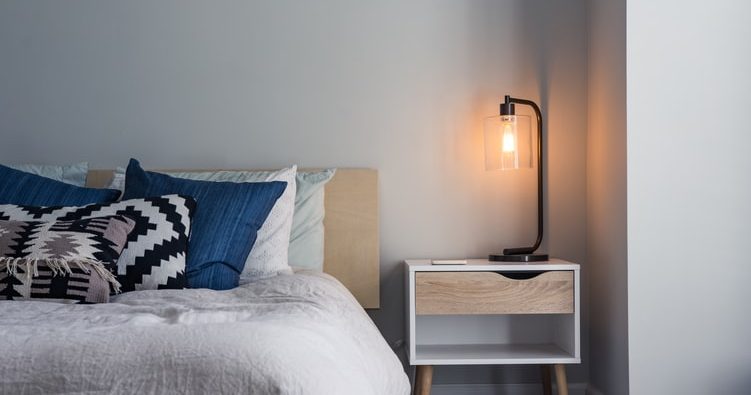Winter isn’t good for our bedtime routine; from dark mornings, to chills that no duvet can warm, sticking to a standard 8 hours becomes harder than keeping our Secret Santa a surprise during the holiday period. However we can’t blame it all on Jack Frost, with year-round studies finding that as our obsession with busyness and productivity heightens, so does our lack of sleep.
In fact, going without sleep has become a common trait of those soaring through their careers, with the Guardian finding every single CEO within their recent study, rising between 5 and 6am. So much so that Marketing Executive, Joyce Castron, told Stylist Magazine that a lack of sleep gave her a sense of pride, writing, “I pride myself on my ability to network until 1am and still be up in time for an exercise class at 6am.”
Unfortunately however, whilst people like Joyce may be getting more hours out of the day, they could be shortening both their ability to concentrate and their lifespan, as not only are 20% of accidents on major UK roads sleep-related, but diseases like Alzheimers, heart attacks, and cancer are all related to sleep-deprivation. And if we’re trying to get in shape for the Christmas party, staying up late to watch The Grinch, could also be having detrimental effects to our waistlines, with Professor Matthew Walker, writing, “When people experience just one week of short sleep, leptin levels drop and ghrelin increases, meaning you eat more, 200- 500 calories more.”
Our busy lives mean that almost 1 in 2 people now get less than 6 hours sleep a night, with only 8% of us waking up feeling refreshed. To make matters worse, habits that we maintain in order to stay awake throughout the day could be leading us into a circle of problems, with caffeine we’ve innocently taken in the afternoon, still keeping us up when it comes to bedtime. In fact, medical professionals suggest we shouldn’t ingest caffeine at all after mid-day, as coffee, tea and other caffeinated drinks have a half-life of up to 7 hours, so might still be kicking around our systems when it comes to settling down.
Whilst it’s common knowledge that using our phones in bed will reduce our ability to sleep, what’s lesser known is that despite playing lullabies to babies being a good ‘go to sleep’ technique, as we get older music can actually hinder our bed-time routines. With lyrics and repetitive notes causing ‘ear-worm behaviour’, leading our brains to obsessively repeat songs over and over and over and… you get the point.
Dr Sophie Bostock, a leading voice within her field, suggests that not only can sleep deprivation affect our physical health, but can also have negative effects on our day-to-day personality. She writes, “Your pre-frontal cortex receives less glucose, when you’re overtired your ability to self-regulate goes out the window, which can lead to panicking irrationally about anything from the report due the next day to an embarrassing conversation you had five years previously. It’s not surprising then that those who get less sleep are more likely to suffer from anxiety and other mental health problems, being unable to separate rational thoughts from the irrational.”
It’s important when considering our sleeping habits that we set ourselves a routine and clear goals. When everybody within the office is complaining theyíre tired, it’s easy to see it as a normal part of life, meaning gauging just how bad the problem is, is an essential first step. A quiz created by Sleepio will assess just how bad your sleeping habits are, giving you personalized tips on how to improve your night-time routine. Whilst companies like Day Cooper Day, who offer duvet days, as part of their sickness policies, ensure that when a member of staff is feeling overly-tired, they’re able to take a lie-in rather than pushing themselves to burn out. Similarly a rise in ‘nap pods’ and other sleeping apparatus actually installed at work, mean that even those who suffer from ‘interrupted sleep patterns’, are able to get in the hours they desperately need.
Share this blog


















































